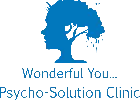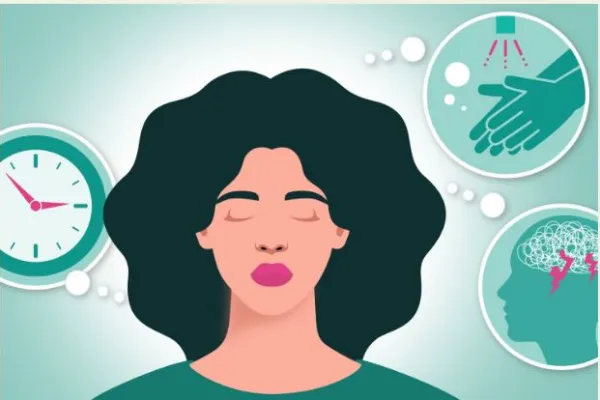Obsessive-Compulsive Disorder (OCD) is a prevalent and persistent mental health condition characterized by uncontrollable, repetitive thoughts (obsessions) and behaviors (compulsions) that an individual feels compelled to repeat.
- These obsessions and compulsions can significantly disrupt daily life and cause distress.
Obsessions commonly manifest as fears of contamination, unwanted taboo thoughts related to sex, religion, or harm, and aggressive thoughts directed towards oneself or others.
- Compulsions, on the other hand, are repetitive actions or rituals performed in response to obsessive thoughts.
- Typical compulsions include excessive cleaning or handwashing, arranging items in a specific manner, and repeatedly checking things like locks or appliances.
Fortunately, counseling and therapy have proven to be effective treatments for OCD.
- Various therapeutic approaches, such as Cognitive Behavioral Therapy (CBT), Exposure and Response Prevention (ERP), Neuro-Linguistic Programming (NLP), Hypnotherapy, and Psychotherapy, are widely utilized to address OCD symptoms and promote recovery.
It's crucial to understand that psychological issues, including OCD, often stem from underlying thought patterns.
- While medication can alleviate symptoms, it cannot alter these ingrained cognitive processes.
- Counseling and therapy, however, offer a pathway to change maladaptive thought patterns and develop healthier coping mechanisms.
- Through counseling and therapy, individuals can gain insight into their thoughts and behaviors, learn effective coping strategies, and ultimately experience improvements in mood and overall well-being.
Dr. Kashika Jain is a highly regarded expert in the field of OCD treatment, recognized for her expertise and compassionate approach.
- She is known as "Best Psychologist for OCD in India," offering invaluable support and guidance to individuals on their journey to recover from OCD.



